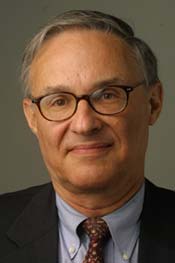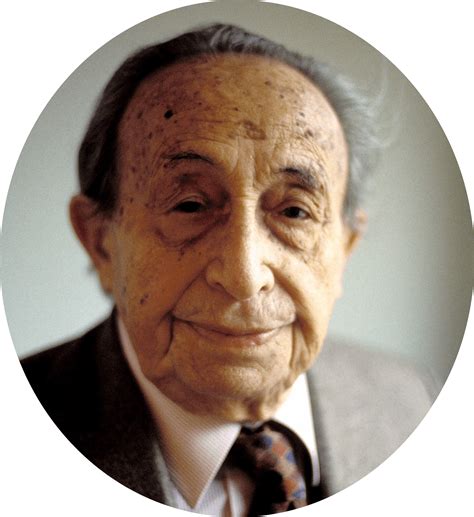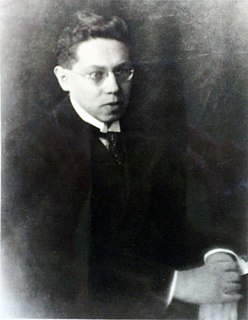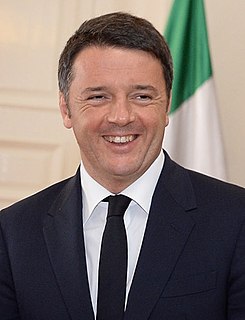A Quote by A. J. P. Taylor
Every historian loves the past or should do. If not, he has mistaken his vocation; but it is a short step from loving the past to regretting that it has ever changed. Conservatism is our greatest trade-risk; and we run psychoanalysts close in the belief that the only "normal" people are those who cause no trouble either to themselves or anybody else.
Related Quotes
My top priority in any trade negotiation is expanding opportunity for hardworking Americans. It's no secret that past trade deals haven't always lived up to their promise, and that's why I will only sign my name to an agreement that helps ordinary Americans get ahead, the bill put forward today would help us write those rules in a way that avoids the mistakes from our past, seizes opportunities for our future and stays true to our values.
The historian is looked upon as objective when he measures the past by the popular opinions of his own time, as subjective when he does not take these opinions for models. That man is thought best fitted to depict a period of the past, who is not in the least affected by that period. But only he who has a share in building up the future can grasp what the past has been, and only when transformed into a work of art can history arouse or even sustain instincts.
The simple truth of our finiteness is that we could, by whatever means, go on interminably only at the price of either losing the past and, therewith, our identity, or living only in the past and therefore without a real present. We cannot seriously wish either and thus not a physical enduring at that price.
For who can wonder that man should feel a vague belief in tales of disembodied spirits wandering through those places which they once dearly affected, when he himself, scarcely less separated from his old world than they, is for ever lingering upon past emotions and bygone times, and hovering, the ghost of his former self, about the places and people that warmed his heart of old?
In order to dream so far, is it enough to read? Isn't it necessary to write? Write as in our schoolboy past, in those days when, as Bonnoure says, the letters wrote themselves one by one, either in their gibbosity or else in their pretentious elegance? In those days, spelling was a drama, our drama of culture at work in the interior of a word.
There are two processes which we adopt consciously or unconsciously when we try to prophesy. We can seek a period in the past whose conditions resemble as closely as possible those of our day, and presume that the sequel to that period will, save for some minor alterations, be similar. Secondly, we can survey the general course of development in our immediate past, and endeavor to prolong it into the near future. The first is the method the historian; the second that of the scientist. Only the second is open to us now, and this only in a partial sphere.
what he sought was always something lying ahead, and even if it was a matter of the past it was a past that changed gradually as he advanced on his journey, because the traveller's past changes according to the route he has followed: not the immediate past, that is, to which each day that goes by adds a day, but the more remote past. Arriving at each new city, the traveller finds again a past of his that he did not know he had: the foreignness of what you no longer are or no longer possess lies in wait for you in foreign, unpossessed places.
Our understanding of the thought of the past is liable to be the more adequate, the less the historian is convinced of the superiority of his own point of view, or the more he is prepared to admit the possibility that he may have to learn something, not merely about the thinkers of the past, but from them.
If history is to be creative, to anticipate a possible future without denying the past, it should, I believe, emphasize new possibilities by disclosing those hidden episodes of the past when, even if in brief flashes, people showed their ability to resist, to join together, occasionally to win. I am supposing, or perhaps only hoping, that our future may be found in the past's fugitive movements of compassion rather than in its solid centuries of warfare.
The God content of the past no longer sustains the contemporary spirit. We sense that our only hope is to journey past those definitions of a God who is external, supernatural, and invasive, which previously defined our belief. We must discover whether or not the death of the God we worshiped yesterday is the same thing as the death of God.





































